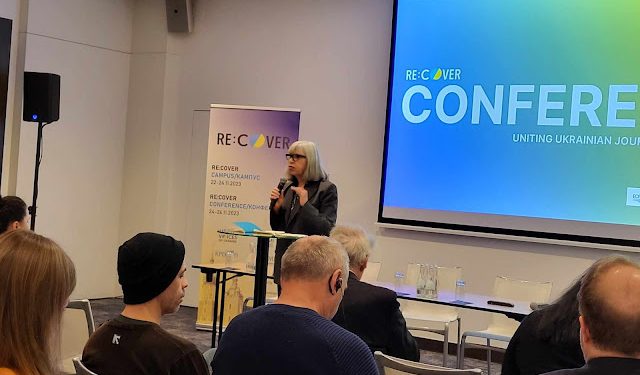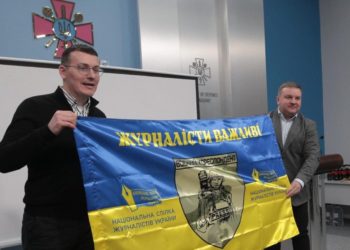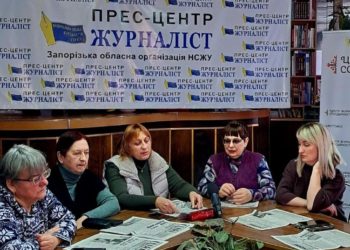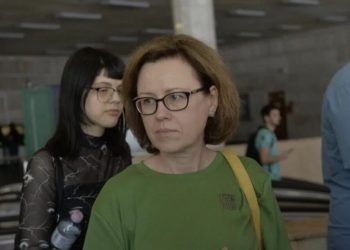Journalism, activism, war coverage, artificial intelligence, psychological support for journalists – topics discussed last weekend at a journalistic conference in Krakow (Poland).
The event is called RE:COVER. It is part of the program titled Voices of Ukraine, financed by the Ministry of Foreign Affairs of Germany. It is organized by the European Centre for Press and Media Freedom (ECPMF). This is the second such event, and the first took place last year in Slovakia.
“Ukrainian children, orphans, are again preparing for Christmas during the war. And almost no war has lasted as long in Europe as today,” says Rebecca Harms, a German politician and documentary filmmaker who opened the conference.
She recalled that these very days, Ukraine marks the sad anniversary of the Stalinist Holodomor of 1932-1933.
“And you know that the Bundestag recognized the Holodomor as genocide of the Ukrainian people. This is worth saying. In addition, we know that the night before Holodomor Memorial Day in Ukraine was difficult, as the russians launched by far the largest number of Shahed UAVs. This is the political context of our conference. And we see how the people of Ukraine are fighting for their independence. Many of the journalists present here wrote about the war in Donbas back in 2014. Even today, Ukrainian journalists continue to cover the war. And the future of Ukraine is being prepared today on the battlefield. And victory on the battlefield is a prerequisite for freedom and democracy. Therefore, Ukrainians must have weapons and ammunition. And for victory, the Armed Forces of Ukraine must be supported. This is extremely important and a clear priority,” says Rebecca Harms.
She notes that the defense of Ukraine is conducted primarily on the front line and not only there. Because Ukrainians are also civilians who work at the front, join the victory, and perform many tasks for victory. And among the civilians are journalists. They work to ensure that people receive vital information.
“Many journalists representing independent media are in difficult situations. But they work. And they are sometimes more than journalists. They report on the horrors of war and collect testimonies. And evidence and help report the crimes to the world. That is, they provide evidence of war. They also highlight corruption. And today, Western media organizations are talking about how to make the work of Ukrainian mass media sustainable. And at this time, Ukrainian journalists are becoming more and more professional. And we need to discuss how the media in Ukraine should contribute to the building of civil society, and at the same time we need to talk about what Ukrainian journalists are already achieving. They investigate the situation in the army, in the authorities, and the armed forces. And they risk themselves. And when the full-scale invasion began, we learned that there was a Kremlin blacklist. And there was not only the ruling elite but also the intellectual elite; there were also journalists. Despite this, Ukrainian journalists do not leave the country but work. I thank Ukrainian journalists for their important work,” she said.
Nazarii Vivcharyk, Krakow

 THE NATIONAL UNION OF
JOURNALISTS OF UKRAINE
THE NATIONAL UNION OF
JOURNALISTS OF UKRAINE
















Discussion about this post